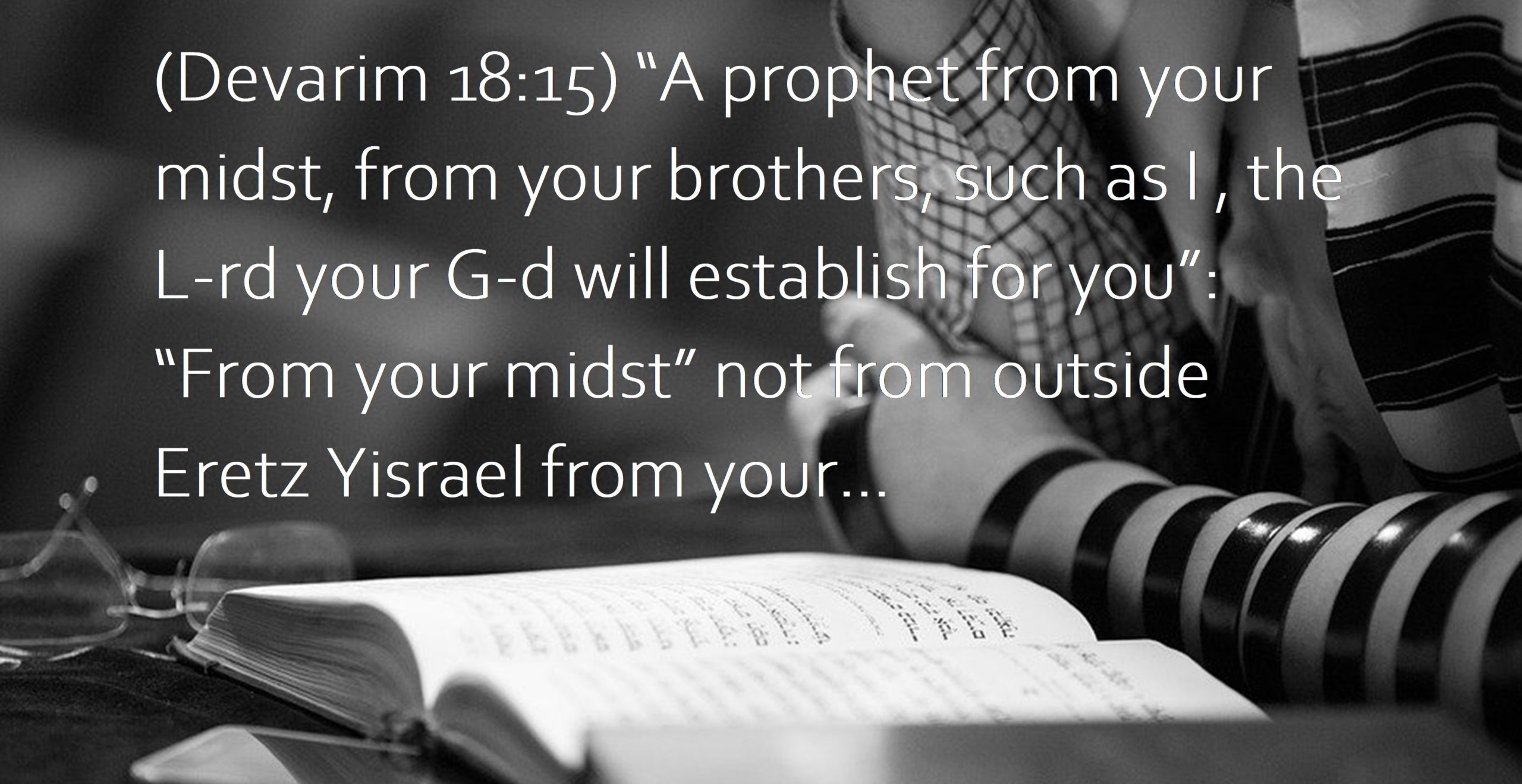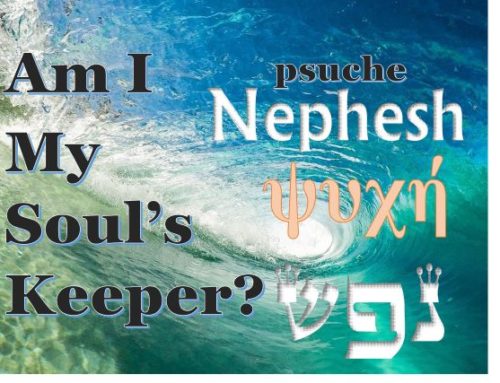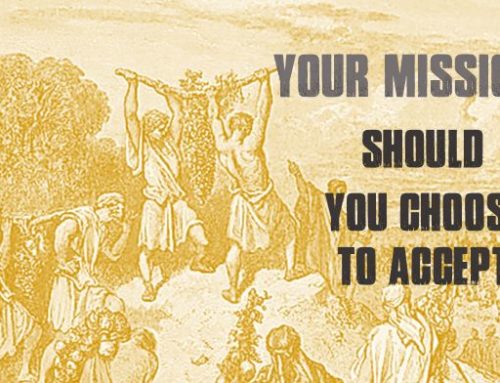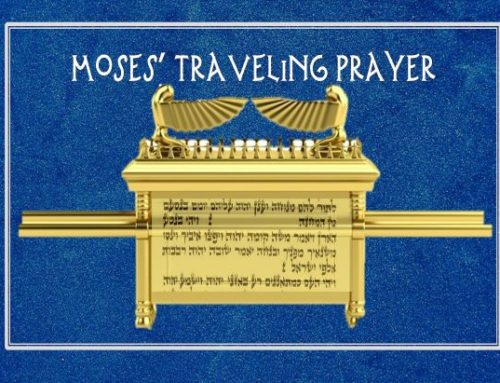Parashat Shoftim, Deuteronomy 16.18-21.9
Once a man dared to be king.[1] History records that during the Feast of Tabernacles, Herod Agrippa I stood in the courtyard of the Temple to read before the elders the Law of Moses as commanded in the Torah for the chosen king, but when he came to these words in our Torah Portion he stumbled in emotion.
“You shall surely set a king over you whom the Lord your God chooses; one from among your brethren you shall set as king over you; you may not set a foreigner over you, who is not your brother.” Deut. 17.15 NKJV
Agrippa dramatically wept, convicted by his lack of Jewish claim to the throne. (Mishnah, Sotah 41.a) Sensing the moment, some in the crowd shouted, “You are our brother, you are our brother.” It was merely political flattery, (Bab. T. Sotah 41.b) a form of bribery corrupting justice, violating the very command Agrippa had just read before the people in the Torah Portion, “Shoftim”, meaning judges.
“You are not to twist justice—you must not show partiality or take a bribe, for a bribe blinds the eyes of the wise and distorts the words of the righteous. Justice, justice you must pursue, so that you may live and possess the land that Adonai your God is giving you.” Deut. 16.19-20 TLV
Agrippa’s need for adulation proved his undoing. The New Testament records that during a speech, the people of Tyre and Sidon pushed his button of flattery, manipulating him by shouting, “It is the voice of a god and not of a man.” (Acts. 12.20) Because he did not give glory to the true King of the Universe, an angel of the Lord struck him down, consumed by worms. (Acts 12. 20-23) Agrippa ruled before men, but when confronted with God’s word, he wept as a pretender to the throne.
Who then can be the rightful king of Israel, and who is the Prophet like unto Moses described in this portion? Like the king, he must also be our brother. Peter, during the great Feast of Shavuot (Pentecost) pointed to our Torah Portion to proclaim Yeshua, as the one “raised” from among your brothers, the Prophet like Moses.
“Repent, therefore, and return—so your sins might be blotted out, so times of relief might come from the presence of Adonai and He might send Yeshua, the Messiah appointed for you. Heaven must receive Him, until the time of the restoration of all the things that God spoke about long ago through the mouth of His holy prophets. Moses said, ‘Adonai your God will raise up for you a Prophet like me from among your brothers. Hear and obey Him in all that He shall say to you.” Acts 3. 19-22 TLV
In what ways is Yeshua the King Messiah, raised from among his brothers, from Israel’s midst, a Prophet like Moses?
I. Adonai will Raise Him Up
“Adonai your God will raise up for you a Prophet…”
When was a Prophet like Moses raised up? In Hebrew, “yakim” can mean establish, or raise figuratively or literally. Peter seems to interpret this in light of the resurrection, reminding the people Yeshua’s death on a tree was not the end. God “raised him from the dead” and received him in heaven until the “Tikun”, “restoration of all things”. (Acts 3.21)
II. A Prophet Like Me
“…a Prophet like me from your midst—from your brothers. To him you must listen.” Deut. 18.15 TLV
In what way is Yeshua a Prophet like Moses? He spoke the words of the Father.
“I will raise up a Prophet like you for them from among their brothers. I will put My words in his mouth, and he will speak to them all that I command him.” Deut. 18. 18 TLV
“He who does not love Me does not keep My words. And the word you hear is not Mine, but the Father’s who sent Me.” John 14. 24 TLV
In many other ways, Yeshua is like Moses: in his baptism, in his rescue as a baby from an evil king’s decree, in his initial rejection by the people, in his coming out of Egypt, and in his teaching or Torah. No other Jewish persons have impacted the world with their righteous teaching like Moses and Yeshua.
Moses Drew a Single Nation, Messiah will Draw all Nations
The famous Talmudist and Jewish philosopher Ralbag (Levi ben Gershom), 1288 – 1344, used Moses’ name, meaning to “draw out”, to speak of the greater role of Messiah, the Prophet like Moses.
“In fact the Messiah is such a prophet… he will be ‘greater than Moses,’ which is explained to mean that his miracles will be more wonderful than those of Moses; Moses, by the miracles which he wrought, drew a single nation to the worship of God, but the Messiah will draw all nations to the worship of God as it is written (Zeph. 3.9), ‘Then will I turn to the people a pure language, that they may call upon the name of the Lord,’…” Ralbag, Levi Ben Gershom[2]
III. From Your Midst
From where will the Prophet come? Moses said, “from your midst”. Certain Jewish teachings sees this as the Land of Israel.[3] (Yalkut Shimoni on Torah 919) He will NOT arise from Europe and move to America as some have claimed for their messiah. The people of Israel rightly expected him to arise from Eretz Yisrael and wondered if John might be the Prophet. “Are you the Prophet we are expecting?”, they asked in John 1.21. He answered, “No”. John pointed us to Yeshua who lived, preached the kingdom, healed the sick, raised the dead, died, was buried, and resurrected all in the Land of Israel. One day he will return to rule from Jerusalem, sitting on the throne of his father David. Now we come to our last criteria, “from among your brothers”.
IV. From Among Your Brothers
The nations remake Yeshua in their image. Europeans, Americans, Asians, and Africans wrap him in their culture and clothe him in their skin. The Gospels pulse with his Jewishness. Once after quoting the Lord’s Prayer in Hebrew to Israeli friends, they exclaimed in astonishment, “That is a Jewish prayer!” In modern Israel, Yeshua, born seven miles from Jerusalem, circumcised on the eighth day, who was redeemed in the Temple, kept kosher, and observed the Feasts is now being recognized as a brother.
Conclusion
Zechariah spoke of a day when Messiah would be revealed as a “firstborn son”, a man pierced upon whom they will mourn, as for an “only son”. (Zechariah 12.10) Joseph Klausner, professor at Hebrew University during the first half of the twentieth Century who wrote one of the first books on the life of Yeshua in Hebrew said,
“There is no page in this volume, no step in the life-story of Jesus and no line in his teaching on which is not stamped the seal of Prophetic and Pharisaic Judaism and the Palestine of his day, the close of the period of the Second Temple.” J. Klausner[4]
Though he did not recognize Yeshua as Messiah, he could not help but see his Jewishness. Moses promise of the coming Prophet, King Messiah demand we examine the Gospel’s claims of Yeshua. Apart from Moses, no other Jewish man has so impacted the world. A Jewish man who has drawn all nations to the worship of the LORD God.
Shavuah Tov From Zion
[1] Herod Agrippa I, 11 B.C.E. to 44 C.E., ruled from, 41-44 C.E. He is the Herod who persecuted Jewish believers and imprisoned Peter intending to kill him, Acts 12.1-5. Paul appealed before Herod Agrippa’s son Agrippa II, Acts 25. 22, around 59 C.E.
[2] Neubauer, Adolf, and S. R. Driver. The Fifty-Third Chapter of Isaiah: According to the Jewish Interpreters. Oxford: James Parker, 1877, Pg. 568.
[3] ” מקרבך ולא מחוצה לארץ”, “From your midst and not outside the land.”, See Yalkut Shimoni on Torah 919.
[4] Klausner, Joseph, and Herbert Danby. Jesus of Nazareth: His Life, Times, and Teaching. New York: Menorah Pub. Co., 1979, 413.
